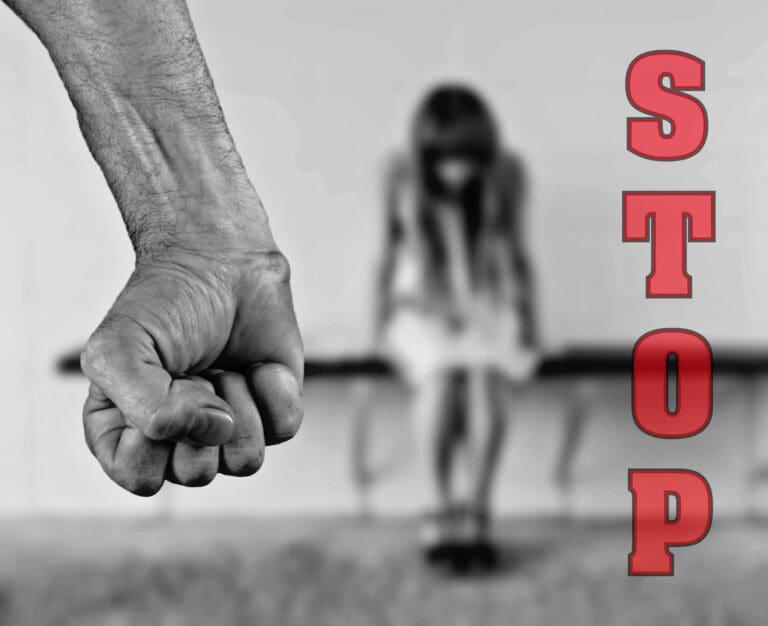
In recent years, the term “Sexual Misconduct” has garnered significant attention across various sectors, particularly in legal and social domains. This complex term encompasses a wide range of behaviors that violate personal boundaries and are sexual or gender-based in nature. From workplace harassment to criminal offenses, sexual misconduct represents a critical issue in today’s society, demanding stringent legal scrutiny and societal awareness.
At its core, sexual misconduct involves any behavior of a sexual nature that is not consensual. This can range from inappropriate comments and unwelcome advances to more severe forms like sexual assault and rape. The pivotal aspect that underpins these behaviors is the lack of consent – a clear, unambiguous, and voluntary agreement to engage in specific sexual activities.
The legal implications of sexual misconduct are vast and varied. While some forms, like comments or jokes, might not necessarily constitute a criminal offense, they can still lead to significant legal consequences under civil laws, such as workplace harassment suits. On the other hand, more severe forms like sexual assault are criminal offenses and can lead to serious legal repercussions including imprisonment, fines, and mandatory registration as a sex offender.
Recent legal cases have thrown a spotlight on the issue. For instance, high-profile lawsuits in the entertainment and business sectors have not only led to criminal convictions but also sparked a broader conversation about workplace culture and the need for systemic change. These cases have shown that sexual misconduct is not limited to physical acts but also includes a range of behaviors that create a hostile or intimidating environment.
The complexity of sexual misconduct as a legal term is partly due to its broad scope. It covers a wide spectrum of actions and behaviors, each with its own legal nuances. For instance, what constitutes harassment in one context might not be seen as such in another. The legal system often grapples with the challenge of drawing clear lines between consensual and non-consensual behavior, especially in situations where power dynamics are at play, such as between an employer and an employee, or a teacher and a student.
In the workplace, sexual misconduct poses unique challenges. Employers are increasingly being held accountable not just for the actions of their employees but also for their own failure to create a safe and respectful work environment. This has led to a rise in mandatory training programs and the implementation of stricter policies aimed at preventing sexual misconduct.
The impact of sexual misconduct on individuals and society cannot be understated. Victims often suffer from long-term psychological effects, including depression, anxiety, and post-traumatic stress disorder. Moreover, the societal cost is substantial, with issues of sexual misconduct contributing to broader problems like gender inequality and discrimination.
The evolution of societal norms and the increasing empowerment of victims to speak out have been crucial in bringing the issue of sexual misconduct to the forefront. Movements like #MeToo have not only raised awareness but have also empowered individuals to share their experiences, leading to a seismic shift in how sexual misconduct is perceived and addressed in both the legal and social arenas.
In conclusion, the first half of this article highlights the multifaceted nature of sexual misconduct, encompassing a range of behaviors that violate personal and professional boundaries. The legal implications are significant and varied, underscoring the need for a comprehensive understanding of the term and its application in different contexts. As society continues to evolve, so too does the approach to addressing and preventing sexual misconduct, reflecting a growing awareness and commitment to creating a safer and more respectful world for all.
Recent high-profile cases have significantly influenced public perception and legal approaches to sexual misconduct. For example, the Harvey Weinstein scandal and the subsequent #MeToo movement have shed light on the pervasive nature of sexual harassment and assault, particularly in the entertainment industry. These cases not only resulted in criminal charges but also sparked global conversations about power dynamics, consent, and workplace culture.
Furthermore, legal developments in the realm of sexual misconduct are continually evolving. In recent years, there have been notable shifts in how the law addresses these issues. For instance, several states in the U.S. have passed laws extending the statute of limitations for sexual assault, allowing victims more time to come forward with their allegations. This change acknowledges the difficulties many victims face in reporting such incidents immediately.
The corporate world has also seen changes, with companies implementing stricter policies and training programs to prevent sexual misconduct. These measures are often a direct response to the growing demand for safer and more inclusive work environments. Companies are increasingly recognizing that addressing sexual misconduct is not just a legal requirement but also a moral and ethical imperative.
In education, particularly in higher institutions, there has been a significant push to address sexual misconduct more effectively. Title IX, a federal civil rights law in the United States, prohibits sex-based discrimination in any education program or activity receiving federal funding. Recent amendments to Title IX guidelines have aimed to provide clearer frameworks for how educational institutions should handle allegations of sexual misconduct.
The societal response to sexual misconduct has been equally pivotal in driving change. Movements like #MeToo have not only provided a platform for victims to share their stories but also pressured institutions to take action. These movements have fostered a culture of accountability, encouraging individuals and organizations to proactively address issues of sexual misconduct.
One of the challenges in tackling sexual misconduct lies in the diverse and complex nature of the issue. Different cultures, legal systems, and societal norms influence how sexual misconduct is perceived and dealt with. This diversity necessitates a multifaceted approach that considers legal, social, and cultural contexts.
The conversation around sexual misconduct is also evolving to include a broader spectrum of behaviors and identities. Issues like consent, power dynamics, and the experiences of marginalized communities are receiving more attention, leading to a more inclusive and nuanced understanding of the topic.
As the legal and societal landscapes continue to evolve, so too does the understanding of what constitutes sexual misconduct. This evolution reflects a growing recognition of the need to protect individuals’ rights and dignity in all settings, from the workplace to educational institutions and beyond.
In conclusion, the second half of this article underscores the dynamic nature of the legal and societal approaches to sexual misconduct. From high-profile legal cases to grassroots movements, the issue of sexual misconduct is being addressed more comprehensively than ever before. As society continues to evolve, it is imperative to maintain this momentum, ensuring that all individuals feel safe and respected in their personal and professional lives.
Para una lectura y comprensión más profundas, los conceptos aquí tratados se desarrollan en diversas fuentes. Entre las principales referencias figuran:








